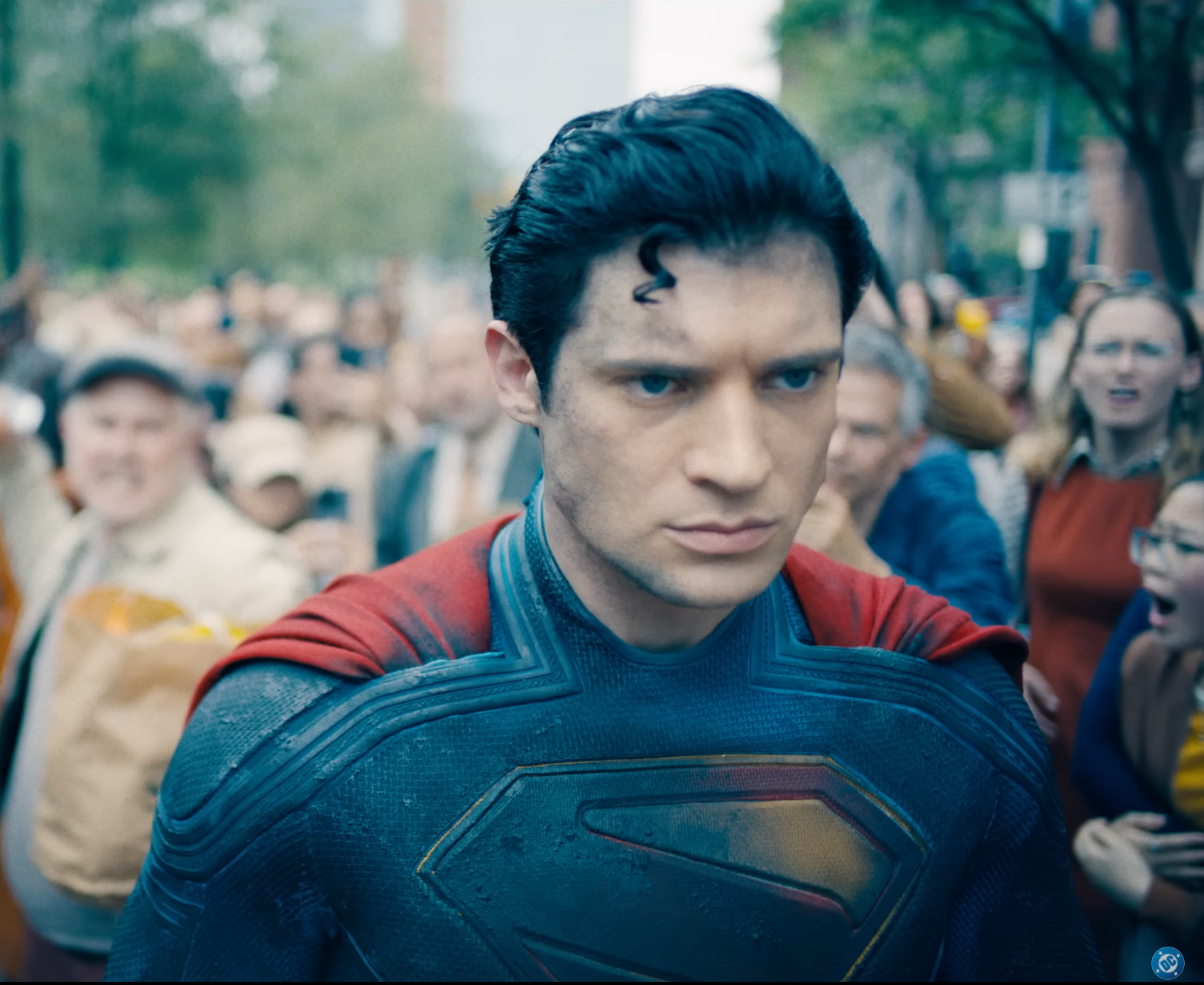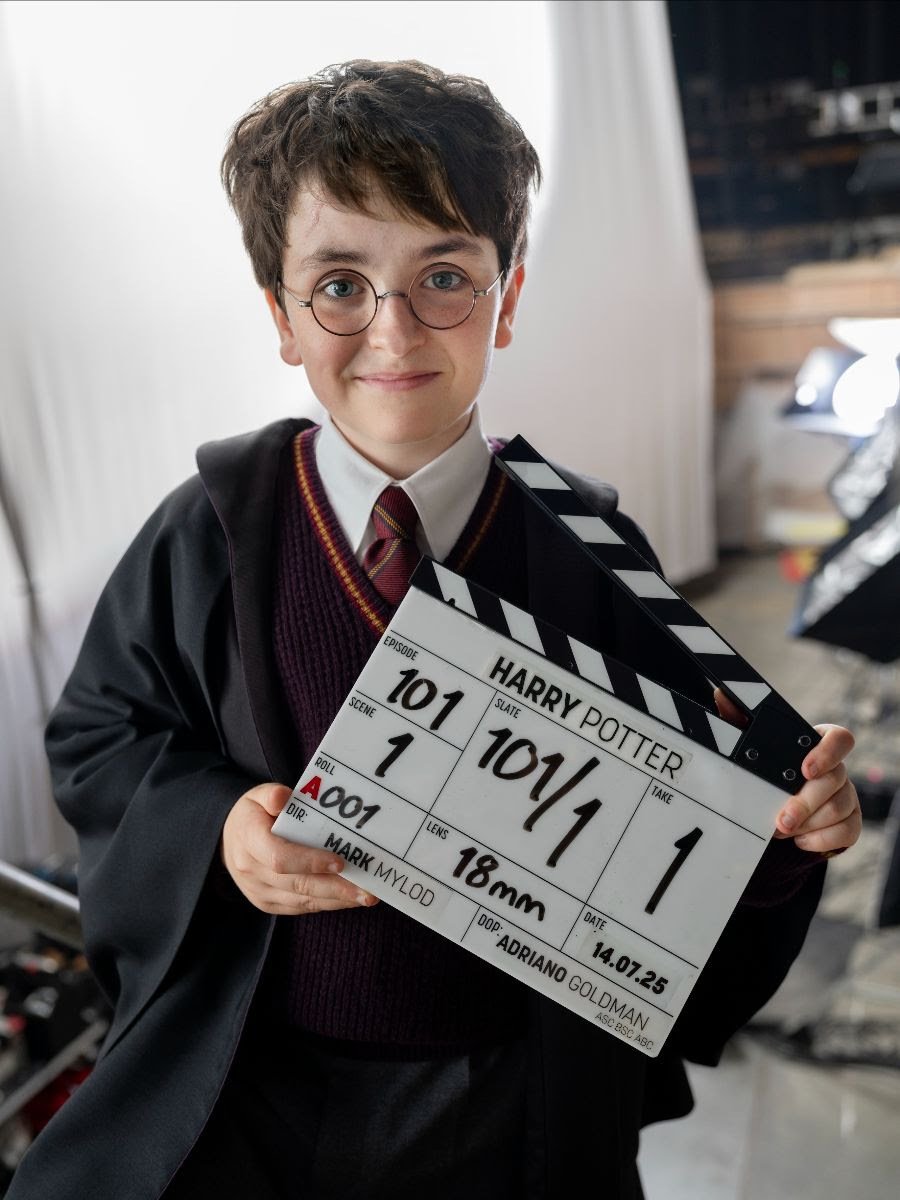There’s an old saying that you come into this world alone and you leave alone. Obviously, that saying is quite the debatable one, and while it may be technically true, that doesn’t mean you truly have to be alone when the end is drawing to a close. For most people, there will always be family, and for better or worse, they are a part of who you are, and if you’re a parent, how you raise your kids could very well impact how easy or difficult the end of your life could be.
Such is one of the many subjects that is covered in our interview with the living legend Robert Forster. His latest film, What They Had deals with the very issue of a woman coming back home to help with her ailing mother, and if you haven’t seen the trailer for the film yet, check it out below:
Official synopsis:
“From first-time writer/director Elizabeth Chomko, WHAT THEY HAD centers on a family in crisis. Bridget (Hilary Swank) returns home to Chicago at her brother’s (Michael Shannon) urging to deal with her ailing mother (Blythe Danner) and her father’s (Robert Forster) reluctance to let go of their life together.”
Check out our full interview with Forster down below!
LRM Online: Well, sir, I have to say, I love the film.
Robert Forster: Thank you. So do I.
LRM Online: Tearing, sniffles all around.
Robert Forster: Yep.
LRM Online: I wasn’t the only one. For those that have yet to watch the movie, the film.
Robert Forster: Laughs.
LRM Online: Laughs, yes. It was witty.
Robert Forster: Yes, that makes a great movie.
LRM Online: Witty and sad. Yes, a good combination.
Robert Forster: Laughter and tears.
LRM Online: Tell me about Burt and his character.
Robert Forster: Not hard at all. I am a father over 200 years if you count up the ages of my children. And as I said, I’ve been a single father, so I have plenty of parenting. And plenty of ‘this is the way we do, it kids, let’s go, time to move. We are troopers, we are not late and we’ve got to do this and who’s going to do that.’ So, being a father is not foreign to me. And Burt is the father I would be if I were in that picture.
LRM Online: So I read somewhere that you said when you read the script you said ‘it’s me.’
Robert Forster: It’s me, yes.
LRM Online: But which part, mainly was like ‘this is me?’
Robert Forster: This is me. He speaks like me. When people accuse me of being from Chicago, this thing takes place in Chicago, you know, and people are forever saying where does that accent come from you’re from Chicago, aren’t you. I always say yes, I am the very eastern edge of Chicago. Rochester, New York. So it is an accent that goes along from Illinois all the way down to through the Great Lakes, Erie, Pennsylvania, Buffalo, Rochester, and not Detroit. But all of the cities along the lake, Cleveland, have a similar accent and you can always tell the accent by asking them to say the word B-A-C-K. ‘Are you going back?’ And that’s how they say it, that’s how I say it.
And I hear myself, I’ve seen myself for years and I say oh, God, what an accent. That is such a dopey accent, Bob. But, it is whatever you are and that’s why when I said I read Burt, and I said gee, that’s me.
LRM Online: So you have awesome chemistry with the character who plays your wife, Blythe Danner.
Robert Forster: Yes.
LRM Online: Awesome. How was that experience? Did you work with her before?
Robert Forster: We were husband and wife but I didn’t have many scenes with her in a television series called Huff.
LRM Online: Huff.
Robert Forster: But we didn’t have much to do with each other. I saw her several times but didn’t do much with her. But as all actors on every picture, you arrive on the first day to go in to do a scene and you immediately assume into a scene and it is what the actor has to learn to do, be intimate on the very first bounce. And that’s what actors do.
LRM Online: With this film, if there is a message that you would like people to walk away with after watching this film, what would that message be?
Robert Forster: Life is short, 50, 75 seasons, 100 maybe. It’s an arc, first you’re born and you can’t take care of yourself you have to rely on the ones who parented you. A few years go by and you can take care of yourself. A few more years go by and you’re expected to take care of yourself. And then for the rest of your life and for most of it, you take care of others, you are expected to take care of others. This is the human condition until the very end when you can no longer take care of yourself and have to rely on the ones that you parented. You better do a good job, Bob. Sooner or later you are going to be needing the ones who you parented.
And this is a movie about people who take care of each other, and who want to take care of each other. And who disagree about how to take of mom, for instance, who’s in trouble. The kids want to do something, I want to do something else. And the conflict makes room for tears and laughter.
LRM Online: In the film, you were the grandpa I always wish I’d had, I want to hug, I didn’t get a privilege to have a grandpa.
Robert Forster: We get what we get and we do the best we can with it. There’s no perfect growing up. There’s no perfect anything. You’ve just got to realize, and there’s no complaints, complaints make you weak, excuses make you weak, lying makes you weak. You must take what you got, with the cards that you are dealt and do the best thing you can. There is nothing else to it. I’m sorry, I didn’t mean to interrupt you.
LRM Online: No, no.
Robert Forster: But, what was I going to say about grandpa? You know, I’m a grandpa I have four grandchildren. And so grandpa is easy. Being a parent is a little harder, but grandpa being is real easy, you can kid around with them.
LRM Online: Which one was the scene that you enjoyed filming the most with your wife as you’re trying to take care of her? I’m not trying to give away any of the nice gesture scenes, but which one, in particular, did you enjoy the most?
Robert Forster: Oh, there were lovely scenes in this movie. You know, and they go by so fast. You’re shooting the days of doing several different things and then comes the scene when you show her the locket when you open the Christmas gift. And that was a really touching scene. And we did a little dancing on that day. But scenes come and go so quickly. A movie schedule requires you to do 20, 30 shots a day. And each shot is a small fraction but they come and then they’re gone. I remember one little scene that I did with my granddaughter. One of the moments in this movie that the line did not make it into the movie, but it’s when we’re playing Chinese checkers.
LRM Online: Uh-huh.
Robert Forster: And before we start playing, I say hey, are we playing cheating or not cheating. And that line did not get into the movie but that might have been one of my favorites. And the movie at the very beginning when she tells me what happened to the Camry. You know, you used to have a Camry. I say hey, I’m 77 forget the Camry or worse.
LRM Online: That’s awesome. Like I said, the first thing I said, you’ve done it all, it’s not every day I get to meet somebody like this. I saw an interview from last year where it says, and I’m going to quote what you said, that you wanted actors to bring the character to life using themselves and not someone else, not some other idea. Is this something that’s helped, that you’ve applied since the beginning of your career?
Robert Forster: Well, in addition to it being common knowledge among actors, I read it one in a TV Guide. It was some casting directors sitting around talking about things and they said the actor is required to do these three things, understand what the material requires of him. Because you’ve got to understand what this material is, and how it works, and what you will have to give to it. But the second thing, and it is the essential thing, is to bring it to life using yourself, so you’ve always got to be the core of whatever it is that you’re playing. And the third thing they said is, try to make it exciting for an audience to watch and I had no idea what I had that might make it exciting for an audience to watch, but I knew I liked documentaries. And I said the reason that you can watch documentaries is because you believe what you’re watching because you think it’s real. It is real documentaries And so I said to myself make myself as believable as can be, as believable as you can, Bob, and bring it from yourself.
This director, Elizabeth Chomko, had the grace to allow actors on the set to believe that the words they were saying were their own. So the actors had such a good freedom, but she wrote great stuff. All you had to do was say her stuff. And I know for myself, you know, a scene that’s this long, when I start the scene two or three lines ahead sometimes just to get rolling into it, and when the scene is over you improvise maybe a touch at the head. So heads and tails, this is the scene but heads and tails sometimes you’re doing improvisation. And you enjoy doing the scene but the front and the back sometimes are things that you get to say and do. And you know that you’re still in character and are enjoying the scene that she wrote.
LRM Online: Right. Well, thank you so much.
What They Had hits theaters on October 19, 2018.
Don’t forget to share this post on your Facebook wall and with your Twitter followers! Just hit the buttons on the top of this page.

 FOR FANBOYS, BY FANBOYS
Have you checked out LRM Online’s official podcasts and videos on The Genreverse Podcast Network? Available on YouTube and all your favorite podcast apps, This multimedia empire includes The Daily CoG, Breaking Geek Radio: The Podcast, GeekScholars Movie News, Anime-Versal Review Podcast, and our Star Wars dedicated podcast The Cantina. Check it out by listening on all your favorite podcast apps, or watching on YouTube!
Subscribe on: Apple Podcasts | Spotify | SoundCloud | Stitcher | Google Play
FOR FANBOYS, BY FANBOYS
Have you checked out LRM Online’s official podcasts and videos on The Genreverse Podcast Network? Available on YouTube and all your favorite podcast apps, This multimedia empire includes The Daily CoG, Breaking Geek Radio: The Podcast, GeekScholars Movie News, Anime-Versal Review Podcast, and our Star Wars dedicated podcast The Cantina. Check it out by listening on all your favorite podcast apps, or watching on YouTube!
Subscribe on: Apple Podcasts | Spotify | SoundCloud | Stitcher | Google Play






